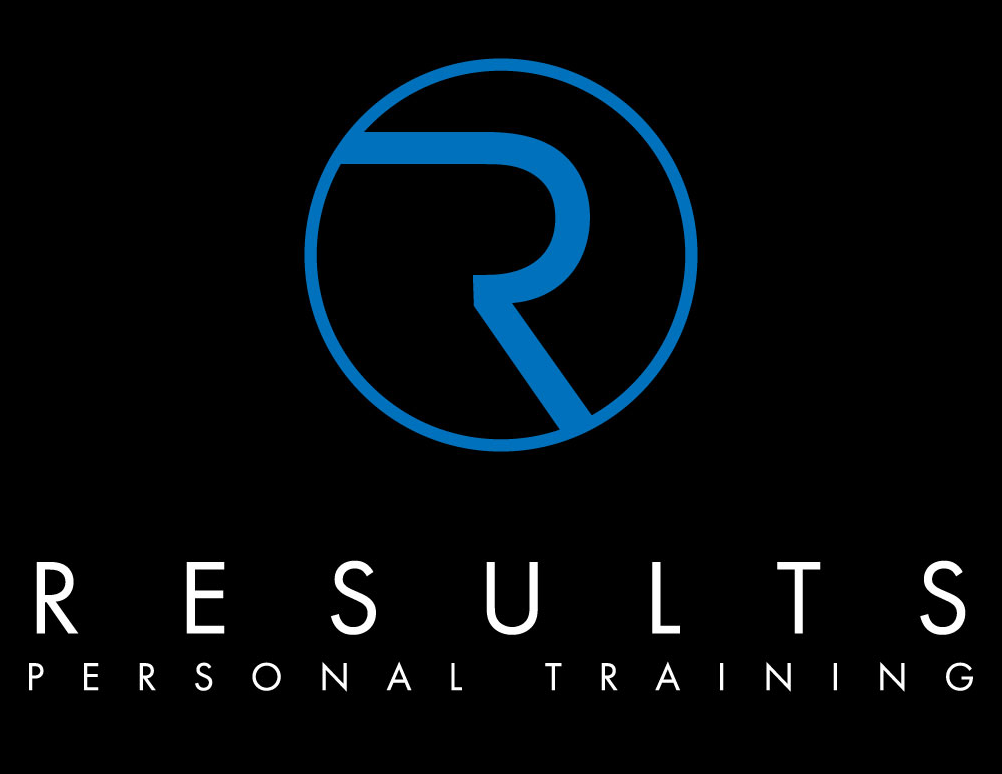Happy Monday
How was your weekend?
For this week’s newsletter I thought I would answer a question I have been asked a few times over the last week.
“What should I eat the night before and the morning of the Marathon?”
| ‘’Run away to Hawke’s Bay for a running festival incorporating 42km, 21km, 10km and 3km kids run options.
Take in the best highlights of the region, with flat easy running through local cycle trails, quiet country roads and pass vineyards and orchards – all finishing at the impressive Elephant Hill Estate & Winery where you can celebrate your efforts in style.’’ |
Conflicting Information
There is so much conflicting information on the interwebs as to what to eat pre-race. Some say carb load with big bowls of pasta while others say it’s all about fat loading.
But what really is best?
As with all good answers…. It depends!
Carb Loading
Our bodies can only store enough glycogen for around 2 hours of running. Carb loading is nothing more than trying to optimise your glycogen stores for the race. Note – that the average marathon time is 4 hours and 22 mins, so mid race fueling is essential for the carb loader
Carb loading has come along way in the past 10 years and what once was about slamming down the biggest bowl of pasta the night before a race has now become a little more sophisticated. The key to carb loading is to gently increase your carb intake a few days out from the big race in order to stock muscles with with energy.
How much do I need to eat?
The simplest calculation is 7-10kg of carbs per kg of bodyweight in the 3 days lead up. So if you weighed 65kg you would be looking at consuming around 455 grams of carbs per day
Please keep in mind that everybody has different needs and what works for one may not work for another.
The dark side of carb loading
If your body is not used to a large amount of carbs then you may feel the effects of gastrointestinal upset and sluggishness. Not something you want before a race.
My advice for those considering carb loading would be to stick to good wholesome carbs that you have eaten many times before with no ill effect.
Carb loading is NOT a green light to binge on poor carbohydrate choices
Fat Loading
Fat loading is all about using fat as your primary fuel source. The calorie density (the highest of all nutrients), along with our seemingly unlimited storage capacity for fat, makes it our largest reserve of energy.
The purpose of fat-loading is to teach the body to burn its own fatty acids as fuel (to a greater extent than it already does), thereby conserving glycogen stores. Conserving glycogen stores as much as possible will help to prevent ‘bonking’ or ‘hitting the wall’ on race day.
There are a few different protocols for pre fat loading but I am a big fan of the…
Train Low, Race High Method
By training low on glycogen, your body becomes accustomed to running on fat and conserving muscle glycogen. By training low and then racing high – with topped-off glycogen stores in your muscles – you will experience a big boost in performance on race day.
The Numbers
When training low carbs you want to keep to around 100-150 grams of carbs per day. It’s not super low but it’s low enough for you to utilize fat as your main fuel. Make sure you bump up your daily fats by adding butter, ghee, MCT oil to meals. A couple of days before race day you want to start to carb load. Note that because you are already fat adapted you will not need the sky high number of carbs to load with. 300-350 seems to be about the sweet spot. Unlike classic carb loading bowls of pasta the key is to opt for more natural sources of carbs such as tubers and root vegetables.
Race Day
The morning of race day don’t do anything crazy. A breakfast of eggs, banana and a coffee works well. Avoid putting anything heavy that may bloat you in your tummy.
During The Race
At the mid point of your race you want glucose. I am personally not a fan of anything that looks bright blue or bright orange but if that’s your thing then 🙂
To make your own glucose drink mix coconut water, a few dashes of sea salt for sodium and electrolytes. Next add some raw honey or coconut sugar and the final ingredient molasses which provides twice the potassium of a banana, more calcium than a cup of raw spinach, and almost 100 mg of magnesium.
What Should I Do?
To carb load or to fat load… As vanilla as this sounds I cannot tell you what you should do. Some people work better on higher carbohydrates and some do better on higher fats. I personally find that I work far better on a higher fat diet. If I eat a bowl of pasta or muesli for breakfast I am more than ready to go back to sleep not run a marathon.
If you have already adopted a low carb lifestyle and you are fat adapted then fat loading might just work better for you. If you regularly eat rice, potatoes, pasta with no ill effect then carb loading might be your thing.
If you don’t know then don’t start to experiment a week before the race. All experimentation wants to be done in the early stages of training.
The last week before the race is simply do what you have done just increase it a little. Nothing extreme, don’t go and try a new gel for the first time, don’t eat too much, hydrate don’t over consume water, don’t do anything stupid
Good luck and awesome work for being part of the event!

Recent Comments